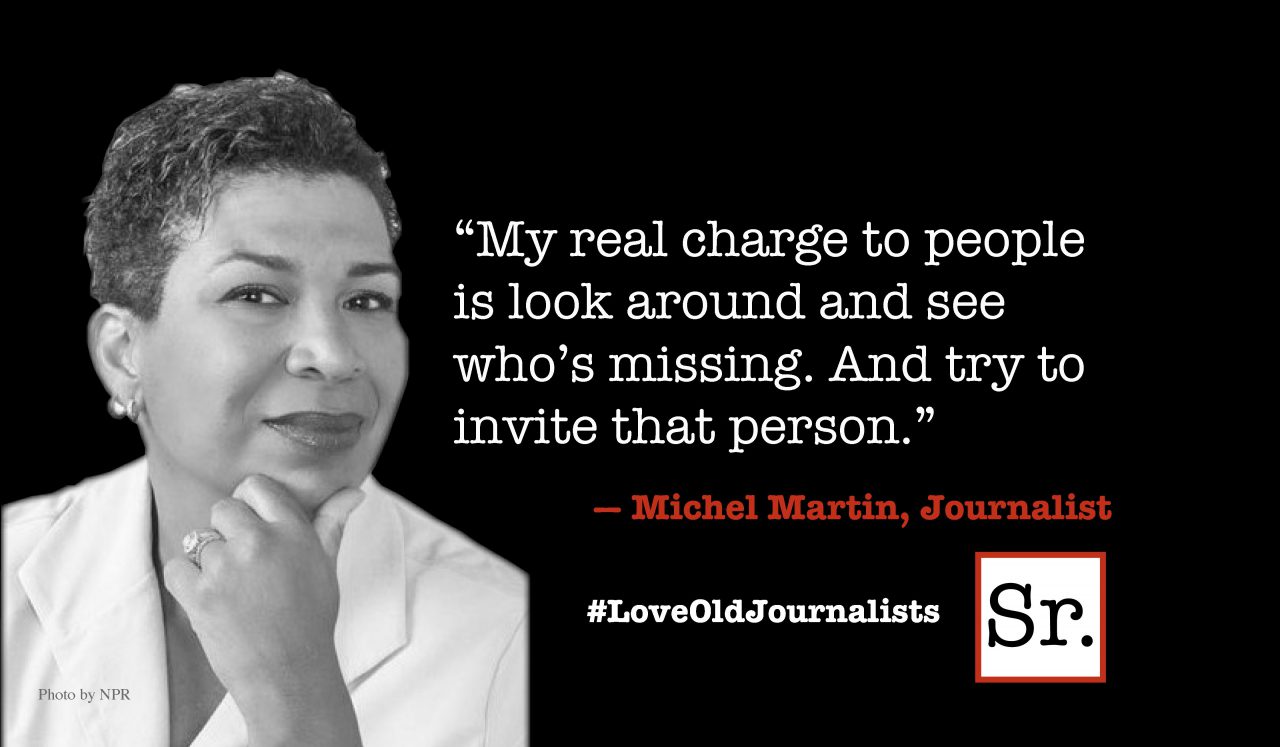The leaders of the United States and Mexico are engaged in a joint effort to brighten the image of Mexico, long darkened by violence, drugs, corruption and impunity for killers and kidnappers. How do they hope to achieve this?
On the American side, by changing the subject to Mexico’s economic importance for the U.S. and to reforms announced by the country’s new president, Enrique Peña Nieto; on the Mexican side, by steering the public discourse away from the subject of security or the lack of it. On both sides of the border, the emphasis is on stressing the positive.
“A new Mexico is emerging,” President Barack Obama declared during a visit to the Mexican capital in May. “I see a Mexico that is creating new prosperity. Trading with the world. Becoming a manufacturing powerhouse … a global leader in automobiles and appliances and electronics. But also a center of high-tech innovation. I see a Mexico that is taking its rightful place in the world.”
Even before Peña Nieto took office, on December 1, 2012, he made clear that his top priorities were improving economic conditions for Mexicans and ending the political gridlock that had stalled reforms under his predecessor, Felipe Calderon, whose six-year term was consumed by the war on Mexico’s drug cartels he declared shortly after taking office.
That war hasn’t gone away but it has faded from the rhetoric of Peña Nieto and his administration — as well as from much of the media. According to Mexico’s Observatory for Coverage of Violence, a group that monitors media, national newspapers used the words “murder” and “organized crime” only half as frequently in the first three months of the new administration than in the same period a year before. The decline was even more marked on television — 70 percent less.
The Observatory points to a ”substantial change in the communications strategy of the federal government” – from fewer presidential speeches about the drug war to less information on crime and violence released by the authorities. Some of the image-polishing methods of the new strategy, shared with U.S. authorities before Obama’s visit, are laid out in a document issued by the Mexican interior ministry.
Entitled “A New Narrative on Security Matters,” it said the way drug trafficking organizations were often portrayed could create the impression that they formed part of a laudable social elite. Therefore, official communications should avoid referring to the criminals’ wealth or firepower and instead portray them as losers. In other words: information management.
In parallel, in the states worst affected by lawlessness and impunity, self-censorship by journalists fearing retribution from criminals has led to a steep decline of reports that conflict with the desired image of a safe haven for foreign investment and a paradise for sun-seeking foreign tourists. Their spending accounts for the third-largest source of foreign exchange after oil and remittances from Mexicans abroad.
Investigative reporter Anabel Hernandez explained self-censorship in a letter to U.N. delegates last autumn: “Mexican journalists, many of us mothers and fathers, do not want to be silent — but we do not want to die either.” More than 30 journalists have been murdered since Calderon declared war on the drug cartels, a war that has killed between 70,000 and 100,000 people depending on whose estimate you pick.
Peña Nieto has been in office less than six months and it is too early to tell whether under his leadership Mexico will take its “rightful place in the world” as Obama put it. Meanwhile, it is in the interest of both presidents to swivel the focus away from drugs and violence.
Obama is pushing for immigration reform and he needs to convince critics that Mexico under its new leader can turn into a country that offers its citizens enough opportunities to stay at home rather than cross the border, legally or illegally, to look for a better life in the U.S. For Peña Nieto, the “new narrative” is one of the keys to the success of his plans to turn Mexico into an economic powerhouse.
Mexicans have heard such promises before and so far, a good number have yet to be convinced this will happen. According to a recent poll, just 46 percent believe in a brighter future.









